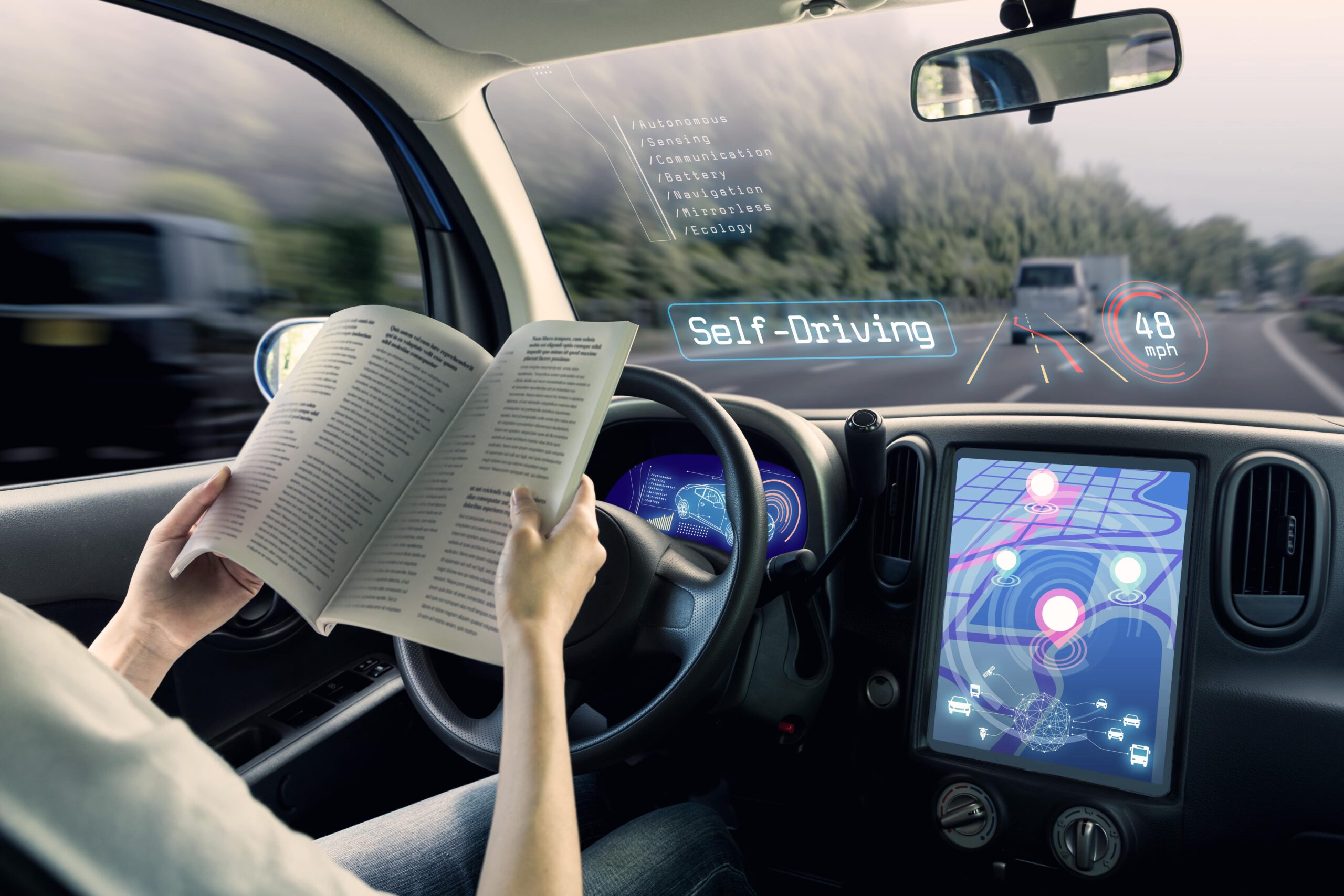Self-driving cars have generated a significant buzz among the public in recent years. With their far-fetched promised capabilities, people split into two groups: one optimistic about the future of transportation with driverless cars and another worried about these vehicles’ reliability and safety.
This article addresses the major questions that concern people about self-driving cars and gives a few insights about the future of car shipping with these vehicles.
Are Self-Driving Cars Safer than Human Drivers?
With the established abilities and unprecedented smart systems of self-driving cars, many believe these driverless vehicles would be significantly safer than cars with human drivers. However, there is still a long-standing debate about the security of self-driving cars.
Those with the optimistic view think that driverless cars will significantly contribute to preventing car crashes and consequently reducing road fatalities, which are proven to result from human driving errors in most cases. This proposition results from driverless cars using computers based on sophisticated systems and algorithms that can eliminate human errors.
On the other hand, some people are greatly concerned about the possibility of hacking as these cars share the same network protocol to coordinate. A small hack can significantly damage busy roads by causing collisions and gridlock traffic.
What Are the Environmental Pros and Cons of Self-Driving Cars?
Though self-driving cars promise a more efficient transportation mode that will bring significant good to environmental sustainability, they might not be a green means of transportation in some cases. So, self-driving cars can have both positive and negative environmental impacts.
The Environmental Impact Pros
- Reduced emissions: The smooth and optimized driving patterns of self-driving cars can save fuel compared to human drivers prone to erratic acceleration and braking; this translates to fewer greenhouse gas emissions and improved air quality.
- Traffic efficiency: Driverless cars could reduce traffic congestion by coordinating movements, eliminating human error, saving fuel and time, and lowering emissions from idling vehicles.
- Reduced car ownership: Shared autonomous fleets could decrease the overall number of cars on the road, lessening the environmental footprint of car manufacturing and maintenance.
The Environmental Impact Cons
- Increased vehicle miles traveled: The convenience of self-driving cars might lead to people taking more trips, negating some of the potential emission reductions.
- Energy usage of the technology: The sensors and computing power required for self-driving cars draw energy, potentially offsetting some fuel savings.
- Manufacturing and disposal of new technology: Producing the sensors, cameras, and other hardware for self-driving cars has its environmental footprint. Similarly, responsible disposal of these components as they become obsolete needs consideration.
How Would the Future of Car Shipping Be Like with Self-Driving Cars?
Although fully autonomous cars are still far from being largely released, car shipping companies have started planning for the future of car shipping when driverless cars overtake the roads.
It is evident that self-driving cars will bring a new era for car shipping, promising exciting possibilities and posing potential challenges simultaneously. Some of the benefits of self-driving cars to the car shipping industry can be:
- Increased efficiency and reduced costs: Self-driving car carriers could operate 24/7 without breaks, maximizing road time and efficiency. Optimized routes and smoother driving could further reduce fuel consumption, lowering costs for shipping companies and potentially for customers.
- Enhanced safety: Autonomous car carriers would eliminate driver fatigue and human error, significantly reducing the risk of vehicle accidents and damage; this could improve insurance rates and the overall reliability of the shipping process.
However, the challenges self-driving cars would bring to the car shipping industry are mainly related to regulations, legal limitations, and cybersecurity risks. Autonomous car carriers’ vulnerability to hacking raises safety concerns, stressing the need to take robust cybersecurity measures to prevent theft, accidents, or data breaches.
Tempus Logix is a well-reputed nationwide car shipping company in the United States. The company ships all vehicle types and invests in the latest technology to offer customers smooth and efficient car shipping services.
Conclusion
Driverless cars are the new generation of transportation that car manufacturing companies have invested billions of dollars to bring into reality. While these cars promise unmatched convenience and reliability, it is critical to consider the challenges of driverless cars controlling all driving tasks.






